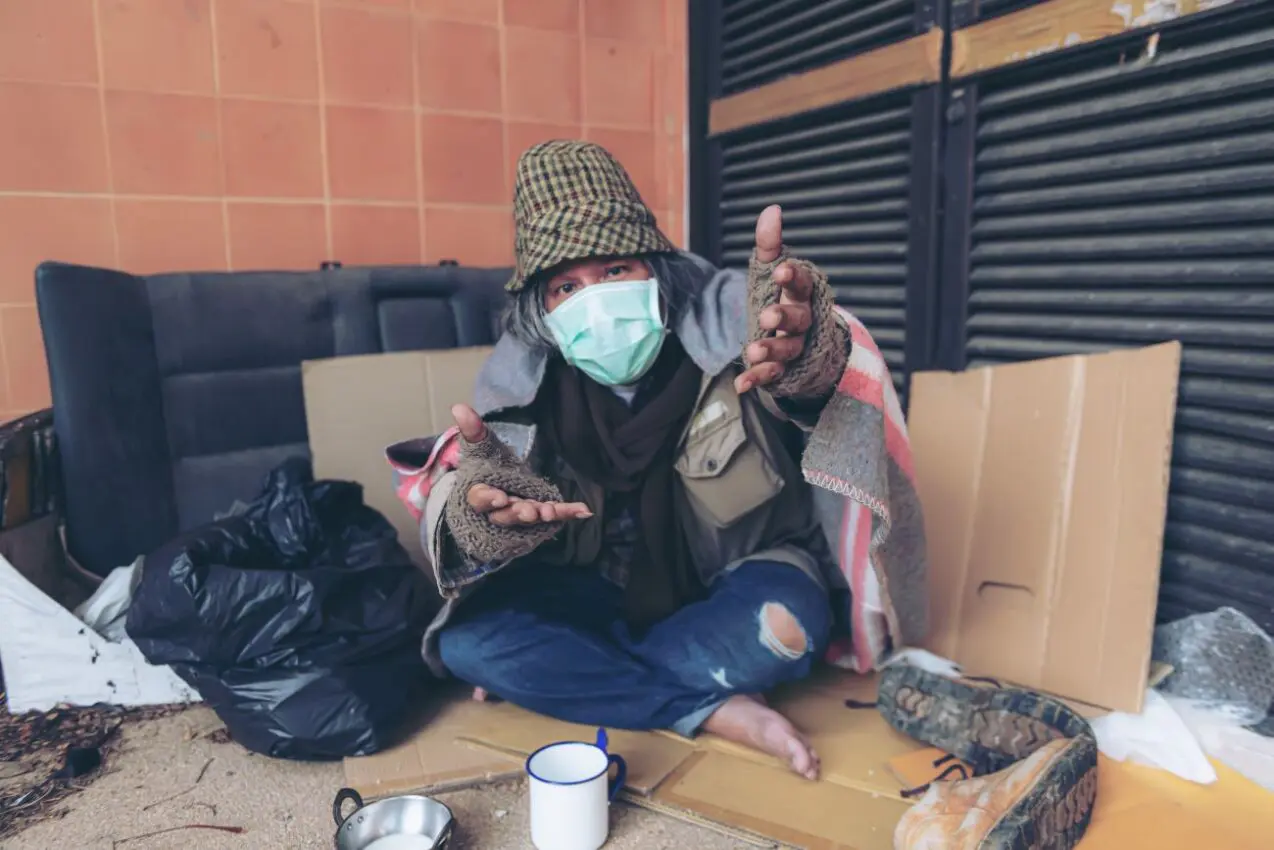A single mother in North Carolina, Farzana Rahman, is facing significant financial stress after Airbnb guests at her rental property turned into squatters, causing her to lose essential income. Rahman had rented out the home in the Durham area to guests who were supposed to leave by May 24, but they remain on the property, causing a major disruption to her plans to finance her son’s college education.
The trouble began when Rahman sent a housekeeper to prepare the unit for its next potential occupants. Instead of finding an empty dwelling, the housekeeper encountered the guests still occupying the space. When asked to leave, the guests not only opposed but also displayed a sign on the door contending their supposed rights to remain. Citing squatters' rights, they said they would leave only if they were legally evicted.
Squatters' rights, or adverse possession, are legal regulations that vary from state to state. These laws permit individuals to claim a property if they've inhabited it for a specific time without the owner's permission, making eviction complicated. In many places, including North Carolina, squatters can become legal residents after about 30 days. Rahman now finds herself in a challenging position where she cannot forcibly remove the guests without undergoing a formal legal process.
Airbnb, the platform through which Rahman rented out her condo, has guidelines about long-term rental risks, including the potential for squatters' rights claims. Their website advises hosts that tenants staying for a month or more could be protected by local tenancy laws, which means eviction procedures must be handled through the courts. While these situations are described as "incredibly rare" by Airbnb, the fact that Rahman's predicament falls within this rare category doesn't offer her much consolation.
The financial repercussions for Rahman are severe. The loss of income from her Airbnb has hurt her finances as a single mom. The funds were crucial to support her college-bound son and manage her household expenses. This income was not merely supplementary but essential for her financial stability. Speaking to multiple news outlets, including ABC, she expressed her distress and frustration over the situation and Airbnb's lack of effective assistance.
Rahman recounted feeling let down by the rental platform, which she hoped would be more proactive in resolving her issues. Despite Airbnb's assurances that they will work to help hosts in such predicaments, Rahman has found their support lacking. The extent of Airbnb's involvement has not been detailed, but it's clear that Rahman feels abandoned during this critical time. The ordeal has highlighted the vulnerabilities hosts can face when renting out properties for extended periods.
According to the Daily Mail, Rahman's property was listed for rental at a minimum of 28 days for a total rent of $2,684. This sum, once expected regular income, is now in jeopardy as she navigates the legal channels required to remove the squatters. Until the legal process concludes, Rahman cannot re-rent her condo, prolonging her financial strain. The timeline for resolution is uncertain and adds to her anxiety.
Squatters' rights laws are designed to prevent sudden homelessness and provide protections for individuals who might otherwise be exploited. However, these laws can feel like a double-edged sword for property owners like Rahman. They are facing a legal labyrinth that seems to favor the squatters over the rightful owner. The protracted legal process delays her ability to regain full control of her property and resume her rental activities.
In the meantime, Rahman juggles her immediate financial concerns with the waiting game of the legal system. Every day without rental income adds to her financial stress and the pressure of supporting her family. Her situation is a warning for other Airbnb hosts and landlords about the risks of long-term rentals. It shows the importance of knowing local tenancy laws and having a backup plan if things go wrong.
Despite the setbacks, Rahman is determined to press on. She is still seeking a legal way to resolve this and has clarified that she won't back down from the squatters' claims. Although there are many legal challenges ahead, she is determined to get her property back. Her case has caught attention, highlighting the complex rental laws and their impact on people relying on rental income.
Rahman's experience shows how tricky and risky the rental property market can be. It highlights the challenges many property owners face when dealing with laws that protect squatters. The case advocates for a reevaluation of current laws and improved support for property owners who fall victim to such situations, balancing the scales between tenant protection and property owner rights.

 Azerbaijan observes day of mourning for air crash victims as speculation mount about its cause
Azerbaijan observes day of mourning for air crash victims as speculation mount about its cause
 Pope opens special 'Holy Door' for Catholic Jubilee at Rome prison
Pope opens special 'Holy Door' for Catholic Jubilee at Rome prison
 Japan's Nippon Steel extends closing date for U.S. Steel acquisition
Japan's Nippon Steel extends closing date for U.S. Steel acquisition
 Kazakhstan's senate chief: cause of Azerbaijan Airlines plane crash unknown for now
Kazakhstan's senate chief: cause of Azerbaijan Airlines plane crash unknown for now
 Thousands mark 20 years after deadly Indian Ocean tsunami
Thousands mark 20 years after deadly Indian Ocean tsunami
 BYD contractor denies 'slavery-like conditions' claims by Brazilian authorities
BYD contractor denies 'slavery-like conditions' claims by Brazilian authorities
 China revises up 2023 GDP to $17.73 trln, rules out impact on 2024 figure
China revises up 2023 GDP to $17.73 trln, rules out impact on 2024 figure
 Durant and Beal score 27 points each, Suns beat Nuggets 110-100 to close out Christmas slate
Durant and Beal score 27 points each, Suns beat Nuggets 110-100 to close out Christmas slate








